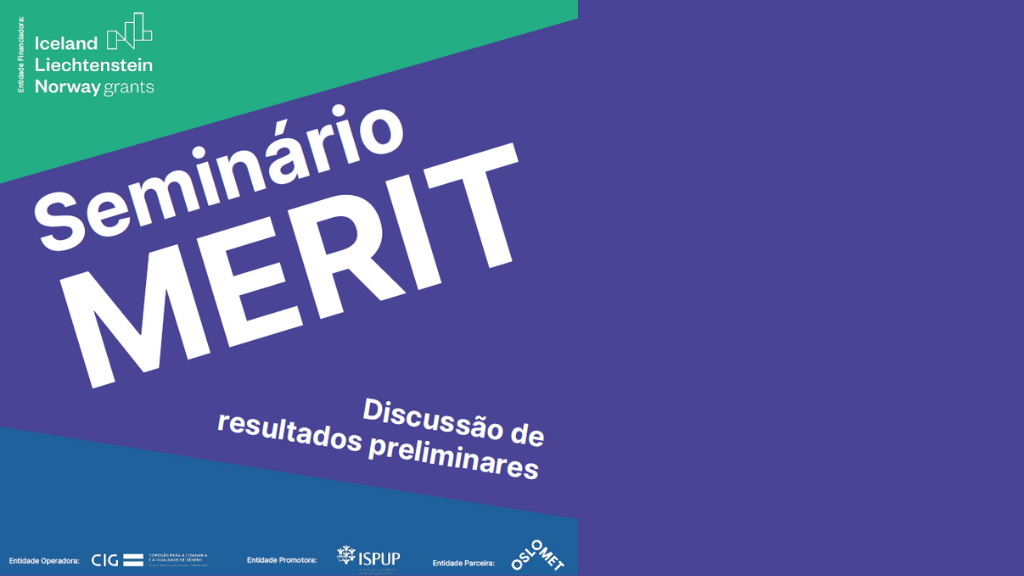The MERIT project's Intermediate Seminar occurred online on 20th September. The aim was to present methods and initial outcomes of four ongoing studies. Henrique Barros, the President of the Institute of Public Health at the University of Porto, opened the Seminar alongside Joana Marteleira, the head of the EEAGRANTS Programme Support team. For the discussion, the MERIT team has invited seven guest researchers who specialize in gender equality, work-life balance, and family policies. The discussion proceeded with the following structure:
• What policies are in place in Europe to support parenthood?
Study on government measures to support families across various European countries, analyzed by Susana Atalaia, a sociologist and researcher at the Observatory of Families and Family Policies;
• What impact does parenthood have on working life and health?
Study on the impact of motherhood and fatherhood on income, paid work hours, health, and well-being, based on the EU-SILC survey results, analyzed by Susana Peralta, a Political Economy and Public Economy specialist and lecturer at the Nova School of Business and Economics, and Jorge Cabrita, an economist and researcher at Eurofound;
• How does work-life balance change throughout the course of family life?
Study on balancing work and family life at different stages, using data from the Portuguese cohort Generation 21, analyzed by Marisa Matias, a lecturer and researcher at the Faculty of Psychology and Educational Sciences of the University of Porto, and Luís Roxo, a post-doctoral researcher at the Karolinska Institute with a PhD in Global Public Health;
• How does parenthood affect personal and professional well-being?
Study on men's and women's perceptions of how parenthood transition affected them, based on data from 30 interviews, analyzed by Gina Gaio Santos, a Business Sciences PhD and University of Minho lecturer, and Mafalda Leitão, a sociologist and researcher at the Observatory of Families and Family Policies.
The guest researchers' input will be crucial to conclude the four studies in the upcoming months and produce the White Paper, aimed at proposing recommendations to minimize gender asymmetries in Portugal, specifically after motherhood and fatherhood.
